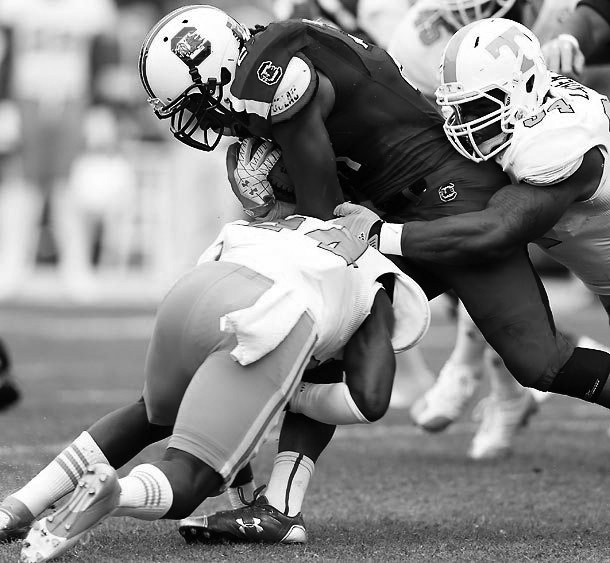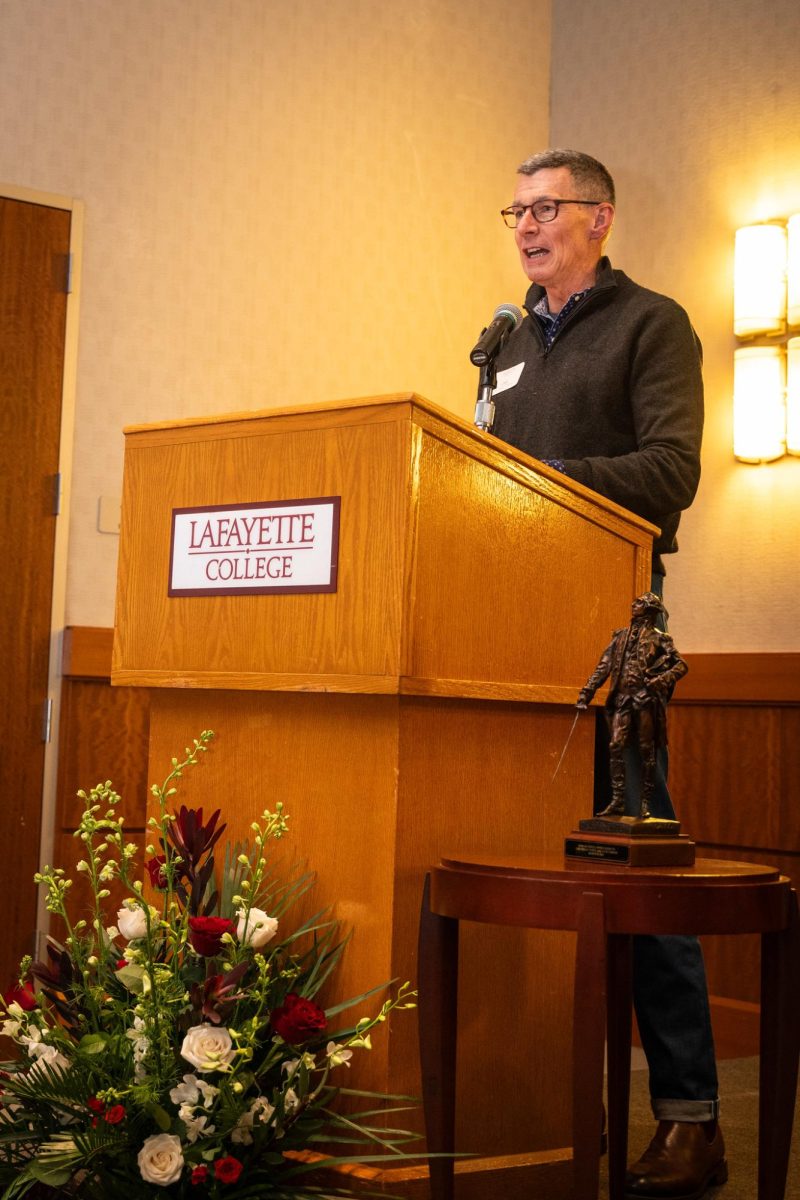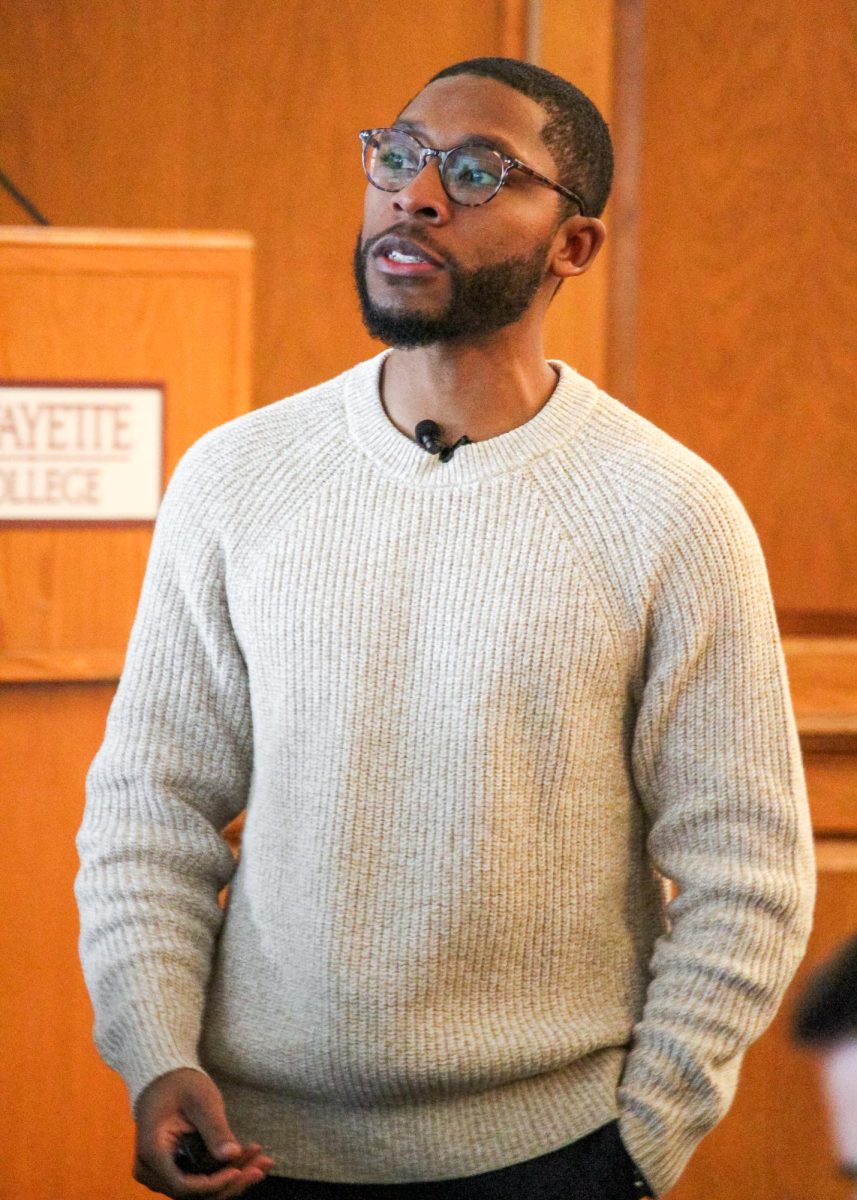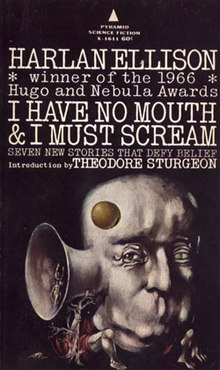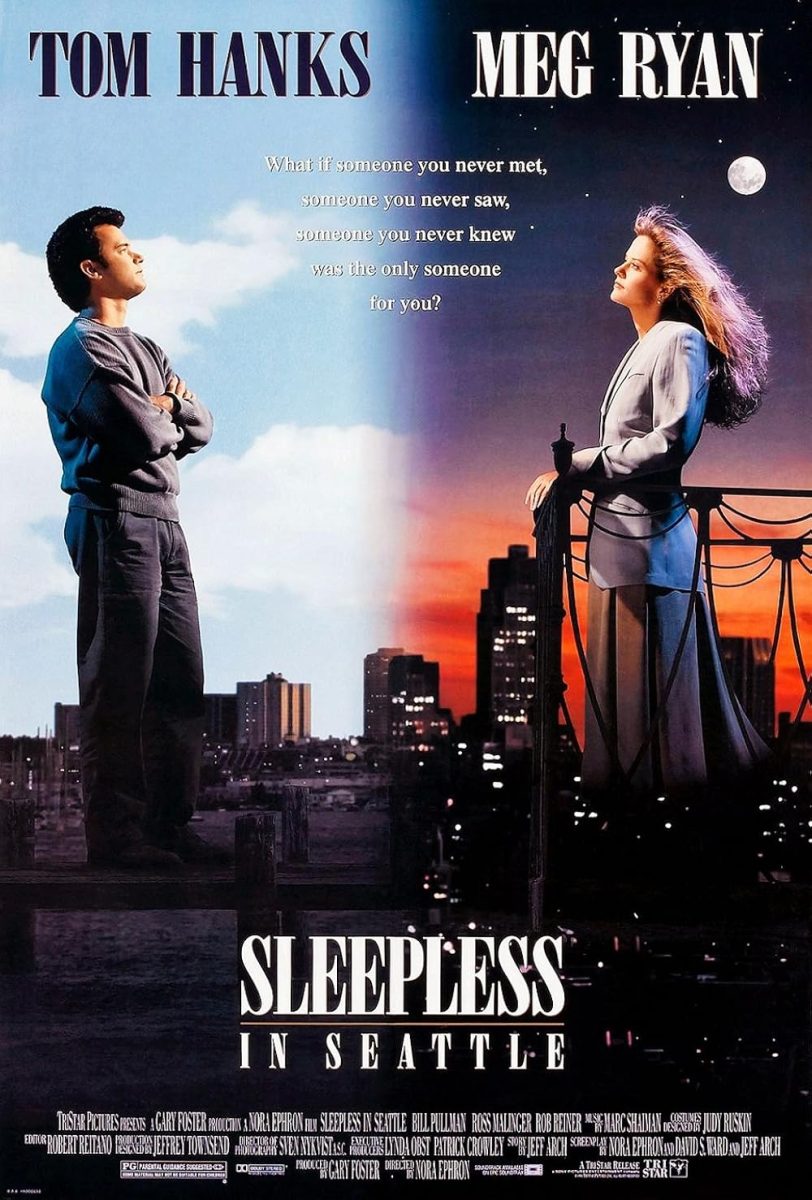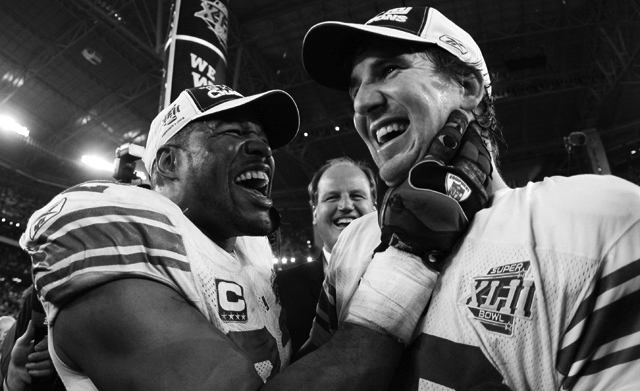
Drew Friedman ‘16 and Mike Morgan ‘16
Collaborative Writers
As a sports fan you naturally are accustomed to choosing a team to root for, and sometimes even a player. Whether it is because that player hit a home run in the first baseball game you ever saw, or caught a game winning touchdown pass, or maybe even has the same first name as you, fans find an intimate attachment with their favorite player. Eventually though, bust or hall of fame shoo-in, that player you have been as attentive to as your stuffed animal for your childhood will retire. And then what?
Retirement is a funny thing. It is almost as strange as a long lost uncle passing away. It can happen at anytime, to any player, on any occasion. Some go out on top, winning a championship, and others leave after their team didn’t make the playoffs for the third time in a two decade career.
On Wednesday, following several major setbacks due to injury in his career, San Francisco 49ers running back Marcus Lattimore decided to retire at the age of 23. Despite getting drafted in the fourth round of the 2013 NFL Draft and spending a season and a half on the San Francisco roster, Lattimore never played a down in a regular season NFL game. It’s sad to see a player with so much talent have to leave the game so soon. This is reminiscent of Glen Coffee, a highly touted running back at Alabama, who retired after one season with the 49ers as a result of a change of heart. In an interview, post-retirement, he said “God didn’t want me to play football. There’s more to life than the pursuit of money.” Coffee enlisted into the U.S. Army in 2013 as a paratrooper.
The season after being crowned as the all time home run king, Barry Bonds was pushed away from the game of baseball amidst continuous steroid allegations. At the conclusion of the 2007 MLB season, the San Francisco Giants announced that they would not be renewing Bonds’ contract. He spent the next few seasons waiting for an offer from a major league team, but that offer never came. Now at age 50, Bonds has still not filed retirement papers, but it is safe to say that he will never play professional baseball again.
Tiki Barber, who spent his entire nine-year career playing running back for the New York Giants, spontaneously decided to retire at the age of 31. Some would say Barber quit at the peak of his career as he put up some of his best rushing numbers in the last two seasons of his career. However, he never won a championship with the team as the Giants consequently went on to win the Super Bowl the year following his retirement. After retiring from the game, Barber pursued a career in broadcasting, and even today he receives criticism from Giants fans for leaving the game at such an unexpected time.
Barber’s teammate on the other hand was able to retire on the top of the sports world. Michael Strahan, known for splitting the offensive line almost as wide as the gap between his two front teeth, was able to win the championship with the Giants the year after Barber retired in 2007.
Retirement has so many variables on and off the field that vary with every player. So when is the right time to retire? Different people may have different definitions. Someone like Lattimore who has been riddled with injuries cannot be blamed for his decision to quit. But what about for players who avoid major injury?
Some may say that a storied career like Dan Marino’s is tainted in a way since it lacks a Super Bowl victory. So is retiring after a championship the right time to go? Some would say that Strahan retired at an acceptable time. Perhaps the most common reason for retirement is when players’ statistics are simply deteriorating.
While some retire on a negative note, and others retire at the highest point possible in their respective sport, there are players that retire under neutral circumstances that do not receive criticism for it. The likes of Mariano Rivera and Derek Jeter retired in seasons the Yankees missed the playoffs. These were the second and third times, respectively, that these players missed out on postseason baseball. But the fans embraced their decisions to quit. While these players were respected throughout baseball, it was almost as if they could do no wrong in the eyes of baseball fans, and any time they chose to retire would be acceptable.
Retirement is a strange phenomenon for the athlete and the fan. Anyone that has ever set foot on the professional sports field has had their reasoning for quitting, but the reaction from the sports community varies from case to case. Whatever the case maybe, you have to respect the players for their time on the field, not when those moments come to an end.
